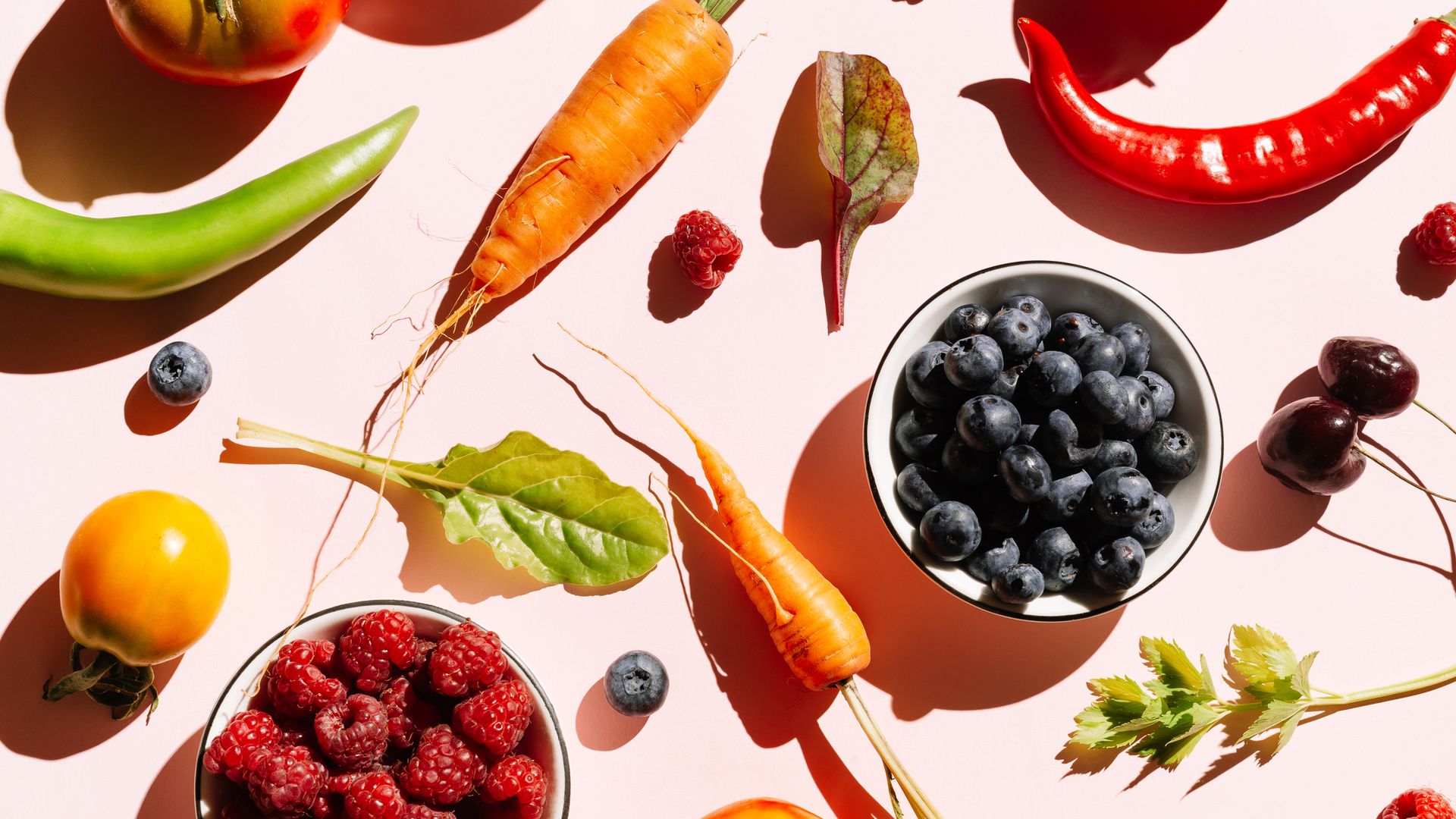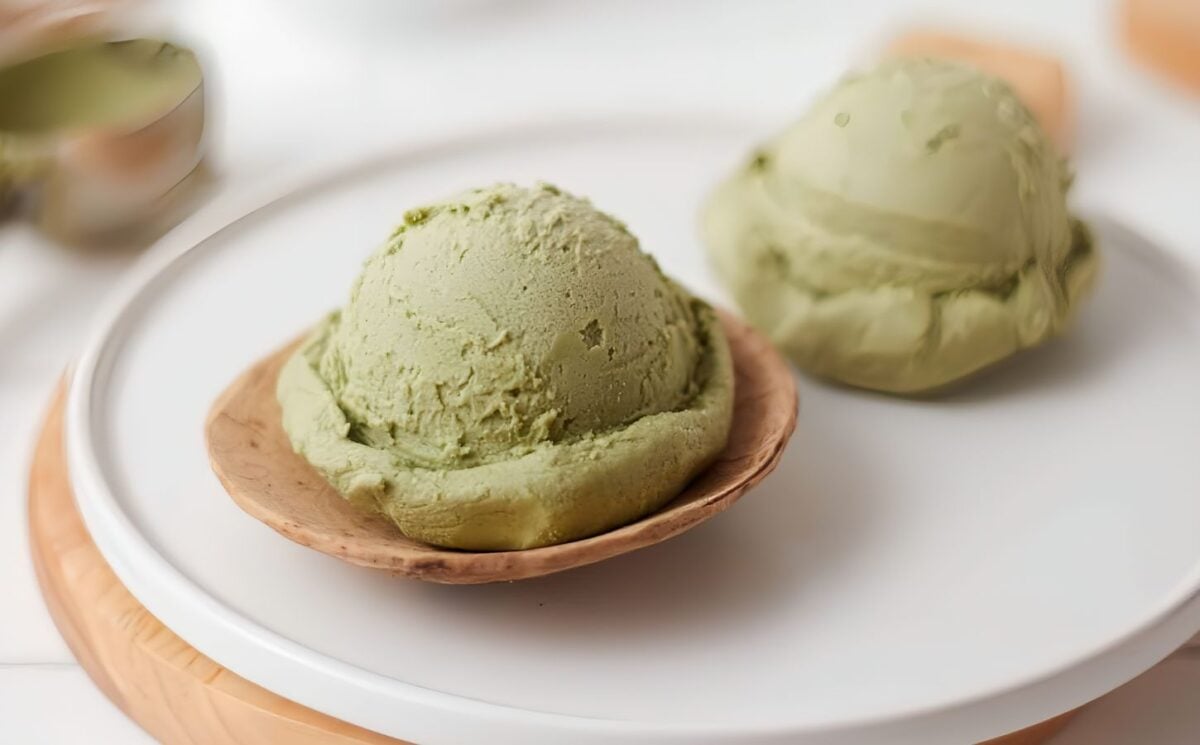The term "superfood" is not exactly new. Dieticians, nutritionists and health experts have been batting the buzzword around for some time, encouraging us all to incorporate them into our daily diet so that we can fuel our bodies with the essential nutrients we need for optimal health. It's also true that the food and nutrition industry is positively saturated with myriad ingredients that we should all be eating regularly, and it can feel a little overwhelming.
But if there is only one superfood you cast your eye on, let it be this: the humble chia seed. Though she be but little, she is fierce! Chia seeds are packed full of countless benefits. Not only that, but they're also ridiculously easy to incorporate into your diet as they're so versatile.

I made Meghan Markle's 15-minute breakfast she serves her children daily 10 TikTok viral summer recipes that are seriously irresistible 12 best meal delivery services: Mindful Chef boxes, Gousto deliveries & more Influencers are obsessed with this nutrient-rich fruit – 10 ways to add it to your diet today As a Lifestyle writer, I have a huge passion for health and food and I'm constantly banging on to my friends about how the food we eat is our medicine. But, alas, I'm not a nutritionist. So, instead, expert nutritionists below explain why chia seeds are the tiniest superfood with the biggest impact.
Why chia seeds are the tiniest superfood with the biggest impact Joanna Lyall, Head of Nutrition at The Better Menopause , told us that chia seeds earn their superfood title because they are "densely packed" with good stuff and are a "powerful" addition to our diet. "Despite their small size, chia seeds deliver significant health benefits," Joanna tells us. "They are an excellent source of omega-3 fatty acids, fibre, protein, antioxidants, and various vitamins and minerals.
" What are the health benefits of chia seeds? Why are all of these important? Joanna states that the fibre is essential in aiding digestion and helping our blood sugar regulation. "Fibre also promotes satiety, which can aid in weight management." The protein is important for muscle repair and growth, Joanna explains: "This is particularly beneficial for those looking to maintain energy levels and support a balanced diet.
" Chia seeds offer both micro and macro nutrients. Regarding the omega-3, Joanna says: "[Omega-3 helps to] support heart health, brain function, and inflammation reduction. "The seeds also contain calcium, magnesium, and phosphorus, contributing to bone health.
" All of the above means that chia seeds help us when it comes to supporting cells, repairing tissues, giving us energy and regulating our blood sugar (which helps with inflammation and the prevention of chronic diseases like heart disease and diabetes). How to incorporate chia seeds into your daily diet So, how can we make sure we use them to their full potential? Fortunately, there are many ways. Joanna explains: "Chia seeds can be consumed raw or soaked.
When soaked, they form a gel-like consistency, making them easier to digest. They can be sprinkled over salads, blended into smoothies, added to yoghurt, or even used as an egg substitute in baking recipes." It doesn't stop there, Joanna says they can also be sprinkled on top of a salad for a nutrient boost.
"They can also be added into bread, muffins, or energy bars for added texture and nutrition, or stirred into warm dishes like soups and stews for a subtle thickening effect." The most up-to-date government guidelines state that fibre and protein, in particular, are essential in our everyday diet. These days, the recommended amount is 30g of each every day , coming from a variety of different sources.
What does that look like? Well, I always make sure I have two tablespoons of chia seeds in my overnight oats every single day. Or, if I'm working from home (and therefore have easy access to a blender), I'll throw them in a smoothie instead for a bit of variety, which is also packed with Kefir, full-fat yoghurt and fruit for extra doses of protein and fibre, not to mention the healthy gut bacteria. Two tablespoons of chia seeds isn't enough to reach the daily recommended amount of protein and fibre alone, but it'll give you roughly 5-10 grams, so you're well on your way to hitting that target.
If you want to mix it up and try something else, flaxseeds, pumpkin seeds and sunflower seeds will also up the protein and fibre count with similar health benefits..
Food

The tiniest superfood that makes the most 'powerful' impact on your health

Chia seeds are the tiniest superfood that make the biggest impact on your overall health. For a major injection of protein, fibre, omega-3 and more, this one ingredient in your diet is essential...















